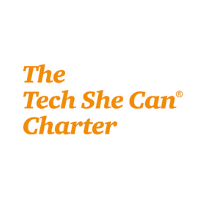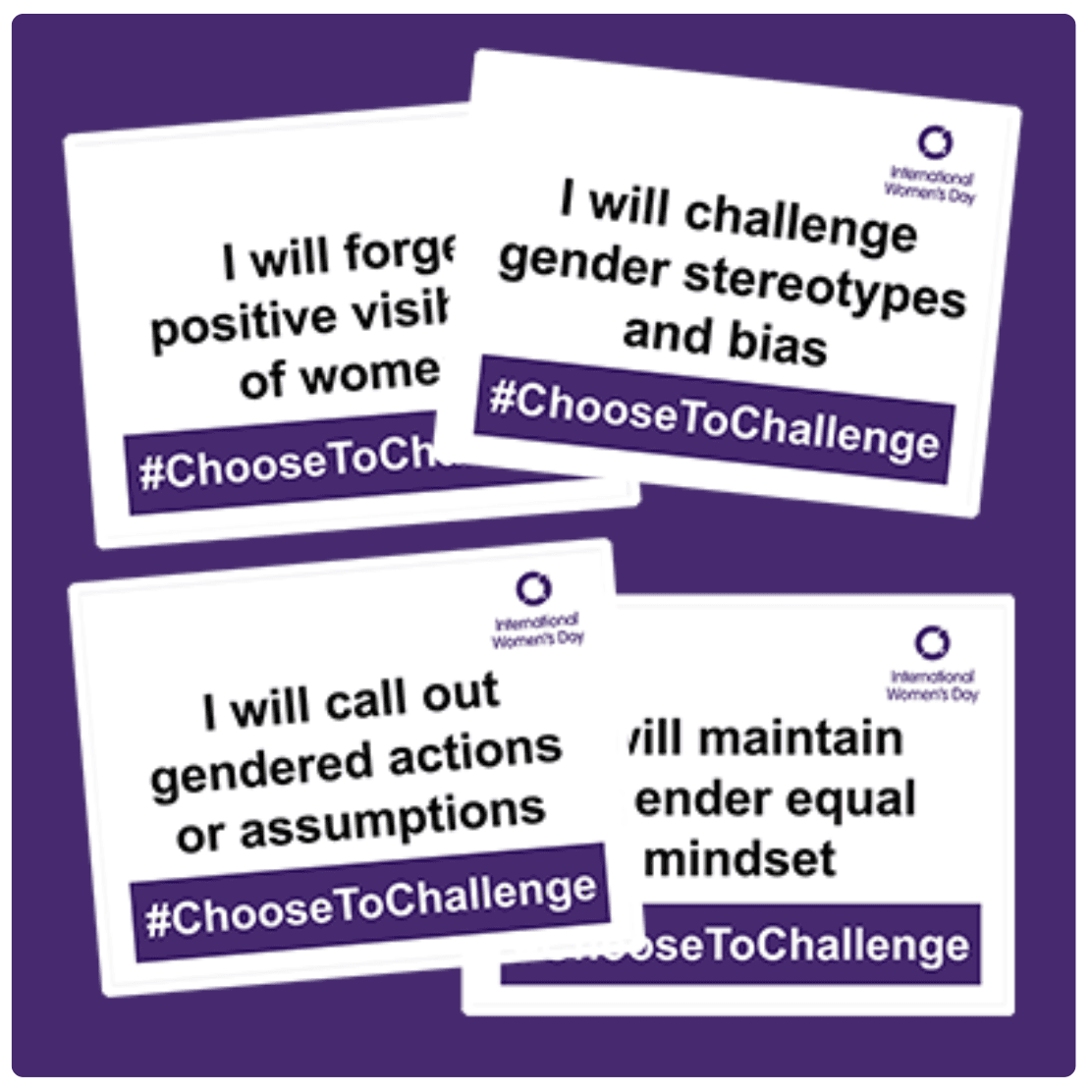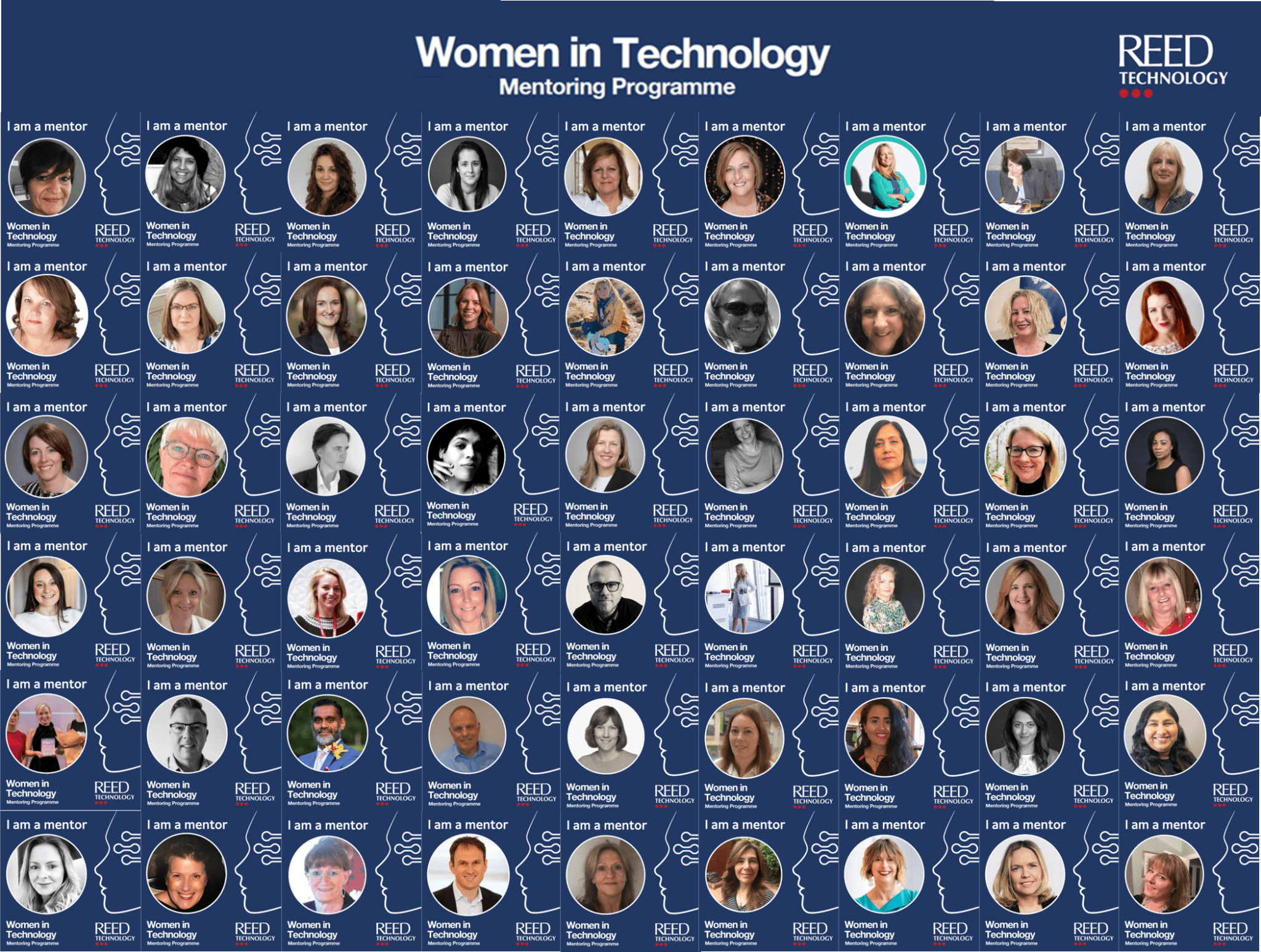The Women in Technology Mentoring Programme is designed to connect women at all stages of their careers with an external mentor, offering tailored guidance and support, to help realise their potential and achieve personal and professional goals.
The programme is open to people from all sectors who hold roles in IT, Digital, Data, Security, Product or Transformation and has mentees from apprentice level through to COO. Alongside 200+ other employers the programme includes mentees from with our own tech teams at Reed, Reed in Partnership and Reed Online (reed.co.uk).
So, Kevin… Why did you choose to set up this programme?
“Hiring for diversity across positions within the tech market is a concern for practically every employer and so as a specialist recruiter in this space it’s an aspect we help clients with on a daily basis.
At Reed we are really encouraged to be aware of our social responsibility as much as our commercial one. This way of thinking encouraged me to be more proactive in finding ways to contribute to the development of the talent pool that we as recruiters rely on so heavily.
The mentoring programme is just one of many initiatives we run or contribute to that supports the development of the tech talent pool from school level right up to senior leadership”.

The initial spark of the idea came whilst working on another initiative, a programme set up by PWC, the Tech She Can Charter.
The programme reached its first-year milestone recently, how did you make it happen?
Whilst supporting Tech She Can, and their schools programme the challenge was set to collaborate with our network to collate video content of inspiring female role models talking about their experience of working in tech. Beyond the Tech She Can programme we continued to build this library of content and hosted it on Youtube for schools, colleges, and social enterprises to access.
Having built up several supporters over a period, many of whom had contributed content themselves a new challenge was brought to the table.
We were tasked with creating more opportunities that they could support in order to grow and develop the pool of women working in tech roles and so the mentoring programme was born…
The key here in getting the programme off the ground, was that we already had an extensive network of like-minded connections in the Technology Leadership space. You don’t need to persuade people to get involved, they see the merit in doing so and have the drive to make it happen.”
This was being set up alongside your work as a recruiter, what support did you receive from within the business?
“Firstly, the freedom to try. Enabling me the time to develop the programme to where it is today.
Reed has a very successful internal mentoring programme featuring both reverse mentoring and women in leadership strands which meant I could seek out a lot of support and guidance from our Learning & Development team when it came to creating the framework and support materials.”
“Reed has a very successful internal mentoring programme featuring both reverse mentoring and women in leadership strands…”
“Our culture here is such that it doesn’t take much for people to want to get involved, no matter what sector or department they are in senior stakeholders and members of our technology and compliance teams gave up their time to support and work through challenges together.”
What do you see as some of the biggest challenges and achievements for Women in Technology?
“I think women in tech have a lot to be optimistic about rather than focussing on challenges. Employers are more engaged than ever for female talent to join their tech teams; they recognise that having diverse teams with a variety of attributes and approaches is more reflective of their customer and so creates better businesses.
Education has a big role to play in achieving a greater gender balance in the tech workplace. Employers can help to demystify and destigmatise tech roles by showcasing their inclusive workplaces and diverse workforce. Playing an active part with educators in their community and supporting the development of talent through apprenticeships and mentoring.”
How will you and Reed “Choose to Challenge”?
“For me personally it’s about being a male ally. Although none of the topics previously discussed directly impact me as an individual, we have a social responsibility to challenge the status quo whenever and wherever they we inequality or lack of equity.
As a business we have always done this through our core values, our approach and our co-member and candidate representation. Of course, we always strive for improvements in this area. We work with a number of charities through The Big Give for example like Womankind Worldwide. #Choosetochallenge isn’t necessarily about a new call to action, but a chance to reflect on what we are already doing and see if there is more that could be done.”

Have you seen a change in number of women attracted to work in Technology recruitment?
“I joined Reed 11 years ago and there has always been a strong representation of women across Reed Technology, both at consultant and management level.
Some of our most successful recruitment consultants haven’t had any prior experience of technology. With industry knowledge able to be developed through ongoing training, development, and support from our Practice Managers.
The desire is that with initiatives like the women in tech mentoring programme being successful we will see an increase in the number of female leaders across our clients in the technology space resulting in an even greater demand for women join the technology recruitment sector to ensure cultural alignment.”
So, what’s next for the Women in Tech mentoring programme?
“We first piloted the programme in June. By December 2020 we had helped 95 individuals to connect with a mentor.
Since the turn of the year we have created an additional 53 mentoring relationships and grown the programme to 410 members. We plan to continue this rate of growth through partnerships with more employers, allowing us to help as many individuals as possible.”


